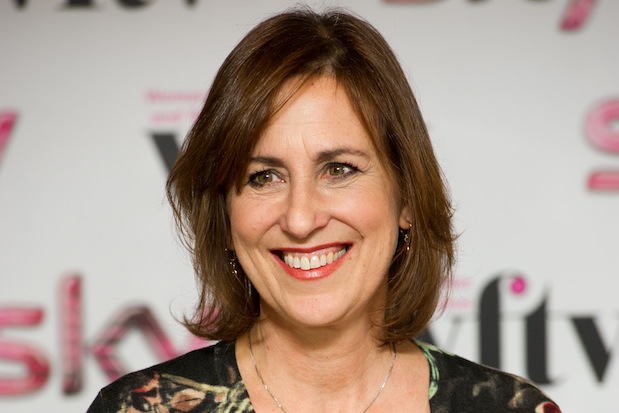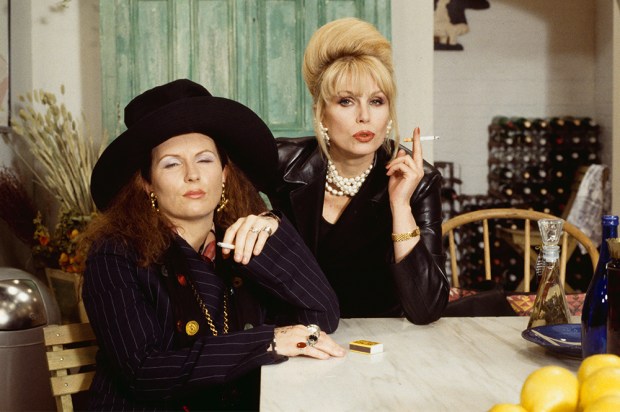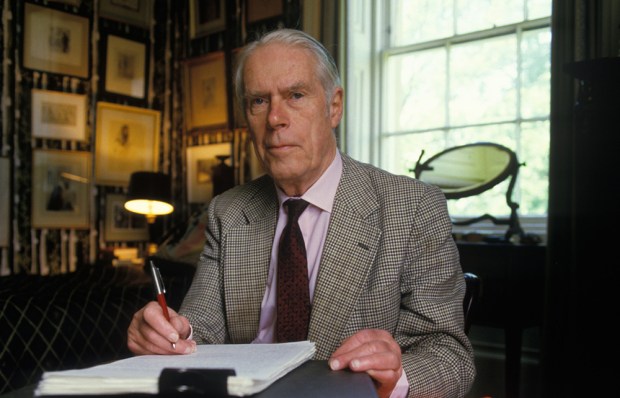There isn’t a Scottish politician in living memory who hasn’t been on the Caledonian Sleeper. I always imagined Donald Dewar folding himself up in his berth, he was so tall. He was notoriously sniffy about the company he kept in the bar and once recounted the horror he felt when — stuck in snow — he was forced to fraternise with practically the rest of the Labour front bench for 22 hours somewhere south of Carlisle. Journalists tend to be more comradely. The other night, I took the sleeper in tow with an old family friend, the BBC reporter Allan Little. Over Glenfiddich and cheese we exchanged scurrilous gossip and book recommendations before, just north of Watford, he made his long way back to the Edinburgh end of the train. On less sensible nights, say with Martha Kearney, I have stayed up long after my bedtime — perhaps even as far as Preston. I love travelling home by rail and I’m delighted by reports that bidders for the Caledonian Sleeper franchise are promising to turn it into a version of the Orient Express. If they lift the carpets in the cabins — from the floors and the walls — that’ll be good enough for me, but en-suite would be a marvellous 21st-century treat.
This week’s commute has been west to east, from Glasgow to the Edinburgh festivals. As the week has progressed I’ve been trying to read a proof copy of Donna Tartt’s new novel, The Goldfinch, ever more slowly in the vain hope that I will never have to put it down. Yesterday I made myself stop with a page-and-a-half to go of 771 pages. When I do come to the end, I think I’ll go right back to the beginning before I interview her in New York next week for a Review Show special. The Secret History, her first novel, was one of those books so engrossing that you can remember where you were when you read it, in the same way I can visualise where I first read Little Women as a child.
The house is full with my son James’s friends from his course at NYU, and Converse All Star baseball boots and floral Doc Martens have taken over the hall and are interbreeding in a way that would make Margaret Atwood proud. Rooms are stripped bare for rehearsals for the run of their original play, Dear Friend, on the Edinburgh Fringe. Food is loaded into fridge along with Diet Coke and beers, and then 24 hours later I load it up again. It is wonderful noisy chaos, and to top it all our boiler has burst and our guests are on short shower rations. It’s good preparation for the cast and crew’s shift to Edinburgh when the run starts and they have to live in an eight-person room in a hostel.
I’ve been shuttling back and forth to Edinburgh cramming in shows. Grid Iron is a multi-award-winning Scottish company who have a terrific track record in site-specific theatre, but this year they have pushed the envelope a bit too far. For Leaving Planet Earth, they have set up ten miles outside the city in the Ratho International Climbing Centre, which they have declared to be another planet: New Earth. The audience, who play the part of the people making the ‘jump’ to this new planetary home, assemble in Edinburgh to be bussed to the venue, where we are shuffled up and down stairs to different rooms where the drama unfolded. Except there wasn’t much dramatic tension or character development, just the prospect of a weary bus journey back. When, on Sunday, we ferried our American guests to one of our favourite haunts, the island of Inchmaholme on the Lake of Menteith, it made me think that the National Theatre of Scotland should mount a site-specific drama there. Then we could make the same ten-minute crossing from Port of Menteith to the island that Mary Queen of Scots made at the age of four, after the Scottish defeat at the Battle of Pinkie.
Astoundingly, the independence referendum debate at the Edinburgh International Book Festival was one of the first events to sell out the biggest tent, which holds 570 souls; and that was before the audience had any idea who might be taking part. I chaired a lively debate with the chairman of the Better Together campaign, a member of Women for Independence and the historian Tom Devine. Two academics provided thoughtful analysis of how Scotland would relate to the world, should we be independent. It was an exhilarating hour. There is a real feeling that 18 September 2014 is hurtling towards us.
I’ve just heard that Jim Naughtie’s first novel and mine are being published in the same month, March, if not on exactly the same day. The only danger I see with that is that there might be a party clash. I’m on it.
Got something to add? Join the discussion and comment below.
Get 10 issues for just $10
Subscribe to The Spectator Australia today for the next 10 magazine issues, plus full online access, for just $10.
Kirsty Wark’s first novel, The Legacy of Elizabeth Pringle, is published next year
You might disagree with half of it, but you’ll enjoy reading all of it. Try your first month for free, then just $2 a week for the remainder of your first year.














Comments
Don't miss out
Join the conversation with other Spectator Australia readers. Subscribe to leave a comment.
SUBSCRIBEAlready a subscriber? Log in